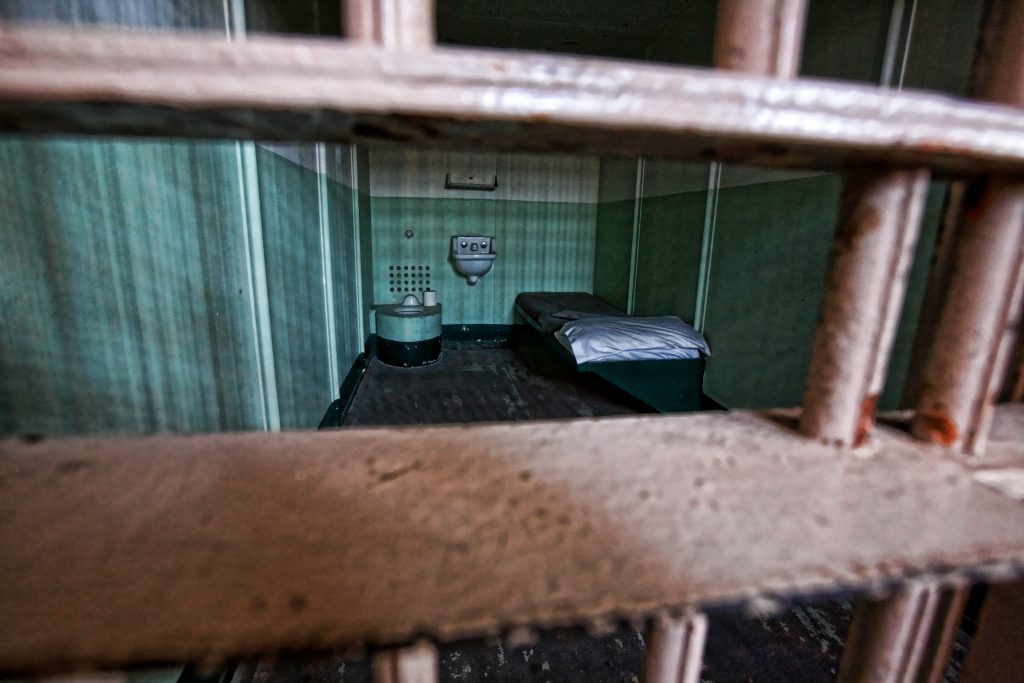A recent BBC File on 4 radio episode, The Prison Contraband Crisis, investigates how staff corruption contributes to the amount of contraband being brought into prisons.
In order to reduce the drugs crisis in prisons, there needs to be more focus on disrupting supply chains, reducing demand for drugs, and improving intelligence-gathering. There is limited data on how extensive prison staff corruption is, and the episode noted that there were only eighteen members of staff in England and Wales investigating alleged corruption across 100+ prisons. However, anecdotal evidence suggests that “the bulk of smuggled goods come in with staff”. Our High Stakes report, published December 2016 noted that “in order to best target limited resources to reduce the supply of drugs into prisons, it is imperative to understand which routes of supply are being favoured by suppliers”.
In a 2009 guide on Prison Drugs Supply Reduction, the Ministry of Justice stated that “The unpalatable but inevitable conclusion is that corrupt staff constitutes a significant supply route for drugs into prisons”. However, the white paper released in November devoted only two paragraphs out of 256 to staff corruption, and the flagship Prisons and Courts Bill presented in Parliament last month made no mention of the issue.
The supply reduction methods proposed in the MoJ white paper are expensive distractions from the real work needed to disrupt the contraband supply chains. A market with this scale of demand and potential profit cannot be eliminated through supply reduction methods alone, and applying too much pressure on supply routes only increases the incentive to corrupt prison staff.

Flickr – Michael Theis
Although File on 4 found that intimidation by prisoners is a significant driving factor in staff corruption, former prison governor John Podmore, who spent 25 years in the prison service and was head of the anti-corruption unit, also cited low pay and a lack of adequate training as key in motivating staff to bring in contraband. There are no formal qualifications required to become a prison officer, and you can begin working at the age of 18 (recently reduced from 21) after completing only ten weeks of training. The annual starting salary for most is between £20,000-£23,000, but for operational support workers like the one interviewed by File on 4, the salary can be as low as £15,000.
“There is a disproportionate effect by this small minority of staff,” Podmore explains. “One prison officer bringing in one coffee jar full of Spice or cannabis can keep that jail going for a very long period of time and make an awful lot of money”. Speaking to former and current prison officers, File on 4 also found that the security for prison staff was extremely low, with staff rarely or never being searched when entering some prisons.
A report released on 5th December 2016 by Buzzfeed News revealed alleged wide scale corruption in prisons. The Ministry of Justice refused to reveal the number of security information reports alleging corruption, many of which are alleged to have been ignored:
One officer, who left the prison last year, said: ‘Security staff are definitely not able to deal with SIRs that come in; they are way too understaffed and overworked.’ He warned that officers ‘wouldn’t report things because it takes too much of your time and nothing would ever come of it anyway.’
There needs to be an acceptance that supply reduction measures are there to disrupt supply, they are not there to eradicate it. A shift of emphasis towards demand reduction is required to make prisons more effective places at tackling problem drug habits and rehabilitating offenders. There is a clear link between a lack of purposeful activity and the uptake of drug use.
In his book, Out of Sight, Out of Mind, John Podmore takes a realistic and hopeful stance on the situation:
It would be astonishing if there was not a corruption problem in prisons. Have we not perfectly constructed an environment where corruption could only flourish? Corruption is crime and crime will proliferate where four things come together: opportunity, motive, gain and low risk of capture… This is not to say we cannot deal with it, minimise its effects, catch and convict the perpetrators and generally improve the safety and security which corruption destroys.
Raquel Morton is a staff writer at Volteface
